Search

News & Events
The Kids statement on Marriage EqualityTelethon Kids Institute believes that everyone has the right to be treated with equal respect, to feel included and not be subjected to discrimination.
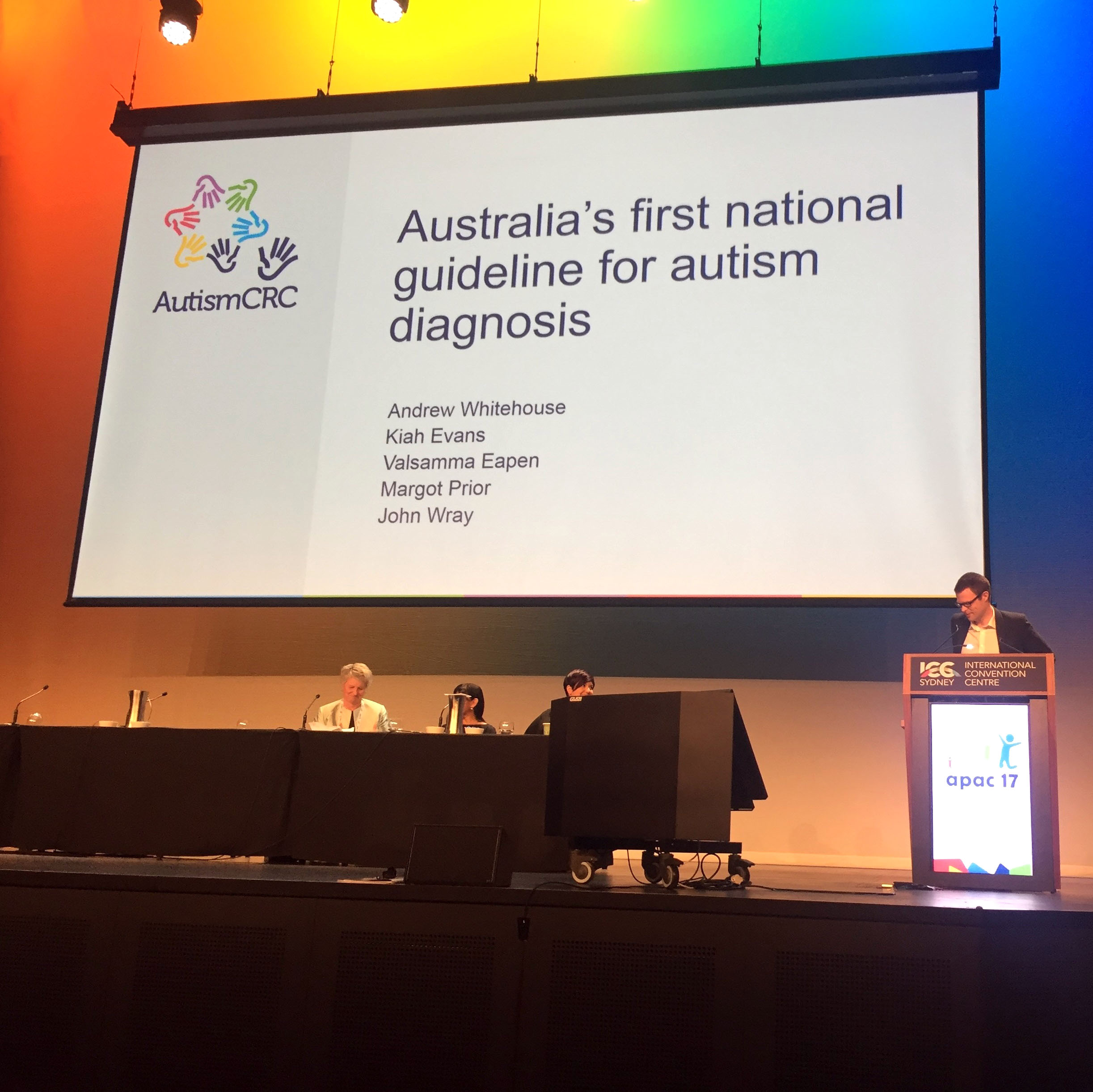
News & Events
Australia’s first draft national guideline for autism diagnosis releasedAustralia’s first draft national guideline for autism diagnosis has today been released for public consultation.

News & Events
The Kids Research Institute Australia researcher awarded prestigious Eureka awardProfessor Andrew Whitehouse awarded the most prestigious award in the country for young researchers – the 3M Eureka Prize for Emerging Leader in Science.
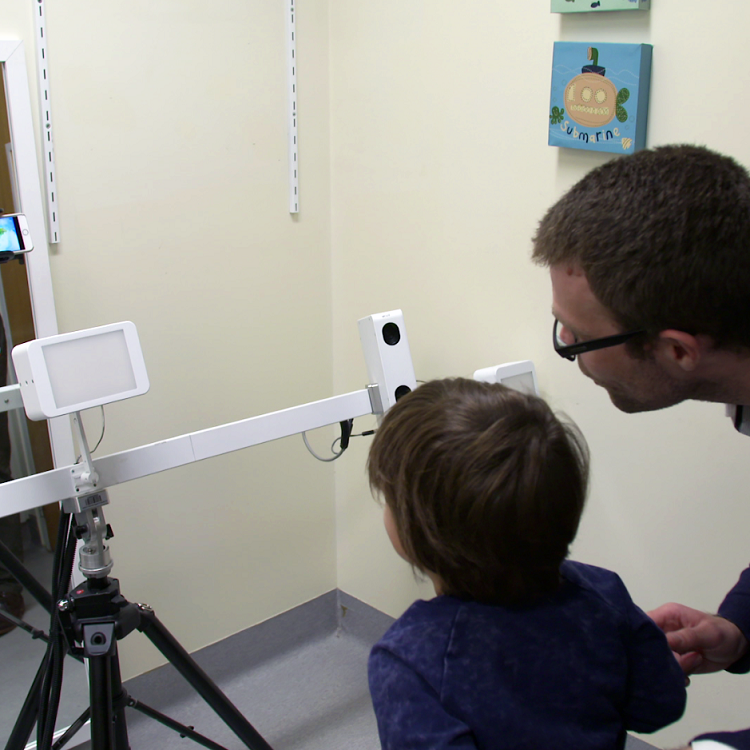
News & Events
Computer algorithm links facial masculinity to autismA new study led by The Kids Research Institute Australia has found a link between masculine facial features and autism.
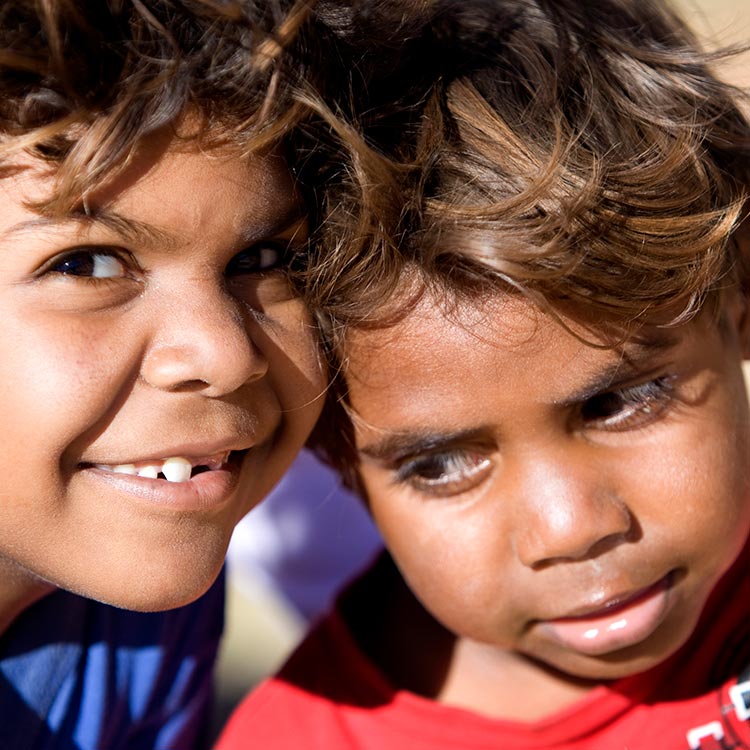
News & Events
Rheumatic heart disease remains a major killer in Oceania regionA new study shows that people living in the Oceania region, including Australia, have the highest risk in the world of dying from rheumatic heart disease.
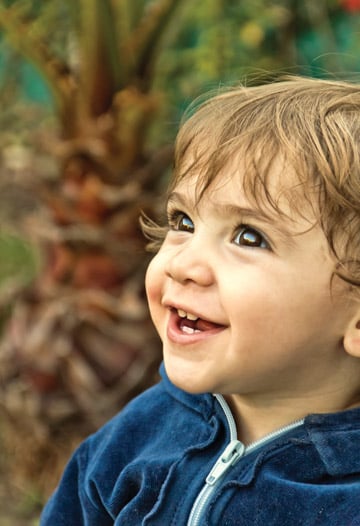
News & Events
Novel CoLab seeks to narrow the early childhood gapA new partnership between The Kids and the Minderoo Foundation is trying to change the ways Government and communities address disadvantage and neglect.
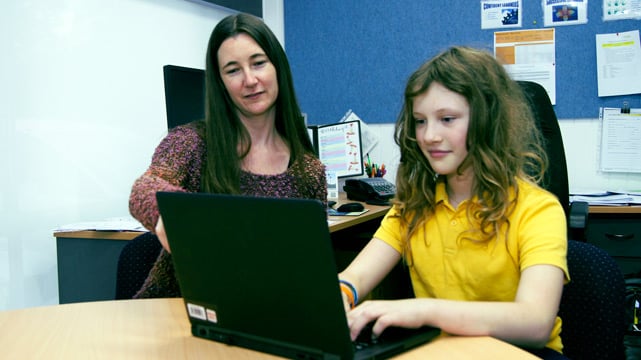
News & Events
Student wellbeing just as important as academic successA team of researchers passionate about the social and emotional wellbeing of children have been refining a survey questionnaire.

News & Events
New national tool to help improve FASD diagnosisExpected to shine a light on hidden harm from alcohol use during pregnancy, Australia’s first national FASD diagnostic tool has been developed by the Institute.
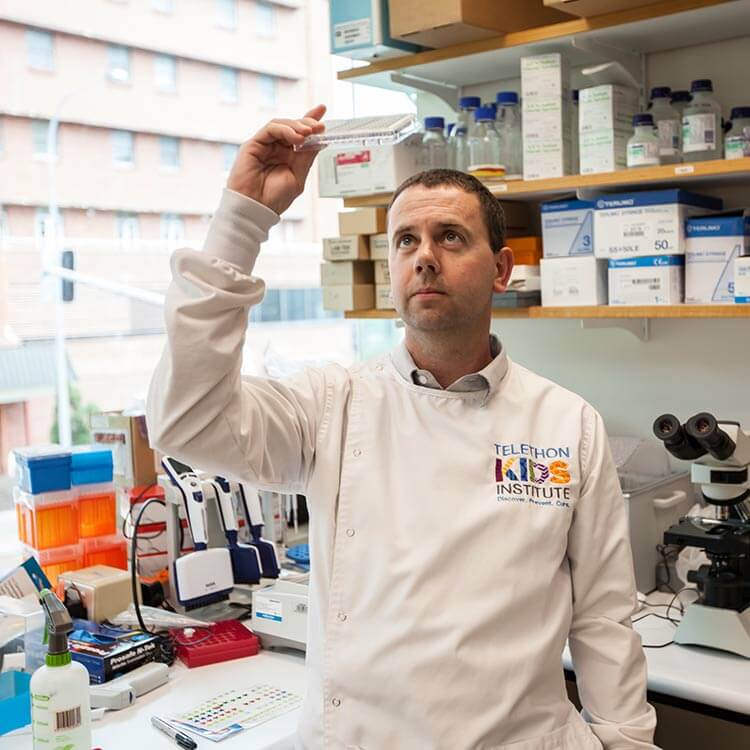
News & Events
Funding boost to melanoma researchA The Kids Research Institute Australia researcher will investigate new ways to harness the body’s own immune system to fight melanoma, thanks to Cancer Council WA funding.
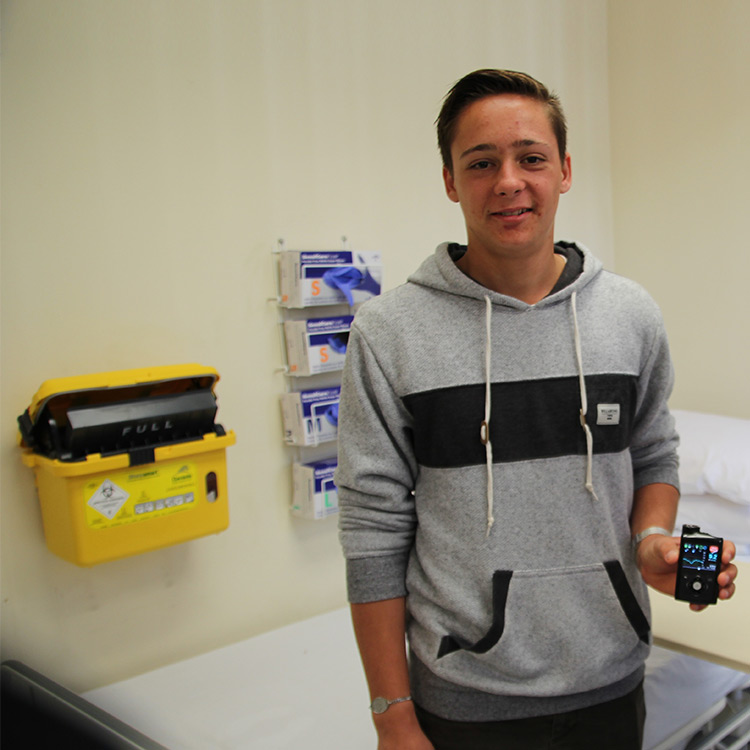
News & Events
Local researchers lead biggest ‘artificial pancreas’ outpatient studyThe Children’s Diabetes Centre at The Kids Research Institute Australia is leading the longest and largest at-home trial of a hybrid closed-loop insulin pump system.
